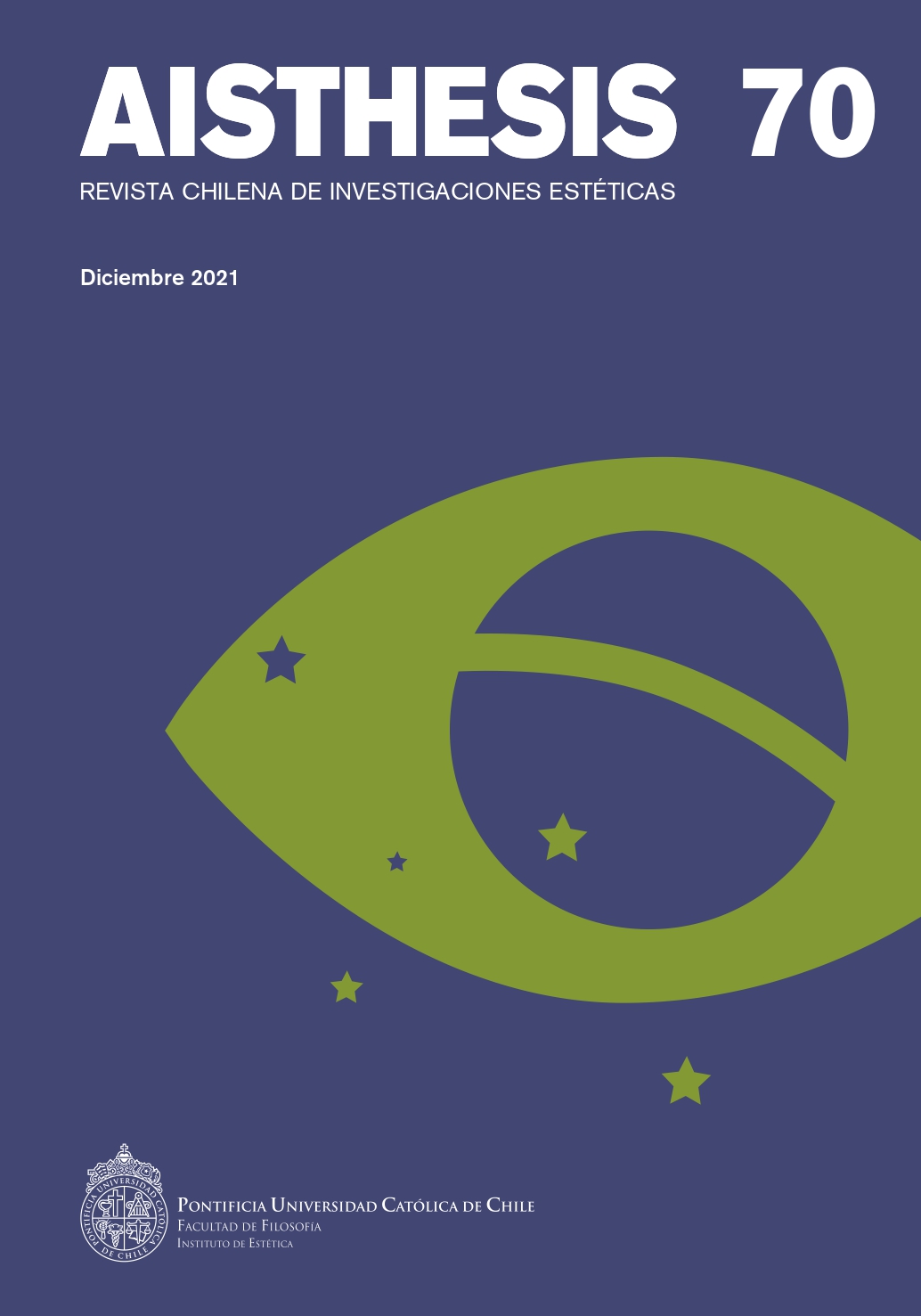The collapse of the war on drugs policy in Brazil
Main Article Content
Abstract
The interdisciplinary analysis of today's drug policy in Brazil, marked by its prohibitionist character, leads to the conclusion that it has frustrated the expectations of all of those who believed that the publication of law 11.343/06 would lead to a different treatment of drug users and traffickers. It is possible to observe some difficulties in the access to the medical use of substances that are considered illicit today, as well as the absence of legal, objective criteria to distinguish users from traffickers. The focus of penal prosecution is not directed toward the great traffickers of drugs, who are still profitting, in a context in which there is no reduction in consumption or commerce. The model of public security has been removed from the principles and guarantees present in the Federal Constitution by identifying black and poor people as potentially criminal. Therefore, starting from the premise that today's drug policy has been managed in irrational fashion and has violated human rights, we propose paths to overcome the problems we have identified.
Downloads
Article Details

This work is licensed under a Creative Commons Attribution-NonCommercial-ShareAlike 4.0 International License.
All contents of this electronic edition are distributed under the Creative Commons license of "Attribución-shareAlike 4.0 Internacional" (CC-BY-SA). Any total or partial reproduction of the material must mention its origin.
The rights of academic works published in this publication belong to their authors., who grant to AISTHESIS: Revista Chilena de Investigaciones Estéticas the license for its use. The management of the permits and the authorization of the publication of the images (or of any material) that contains copyright and its consequent rights of reproduction in this publication is the sole responsibility of the authors of the articles
